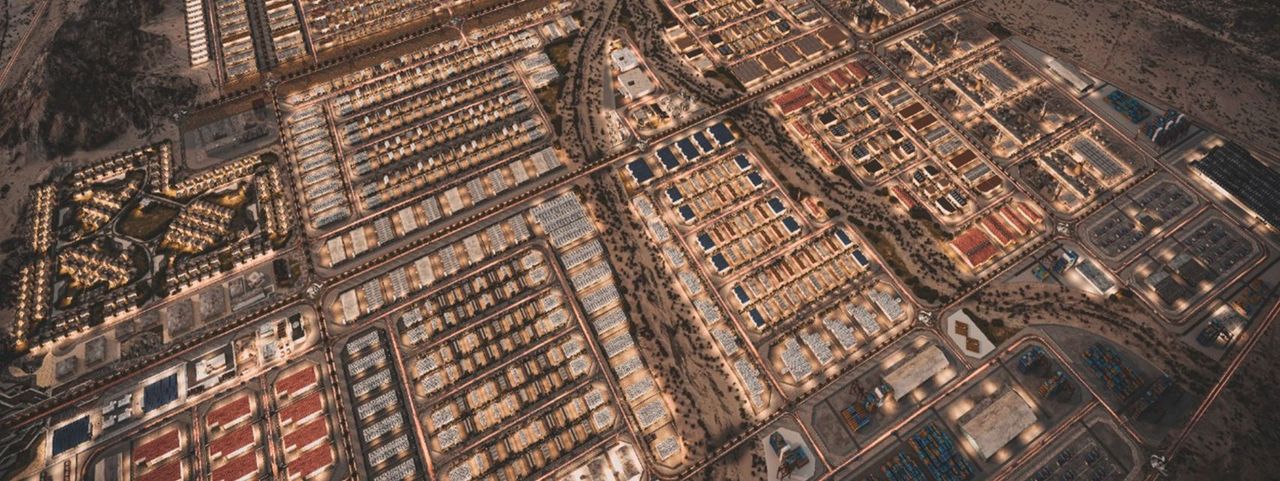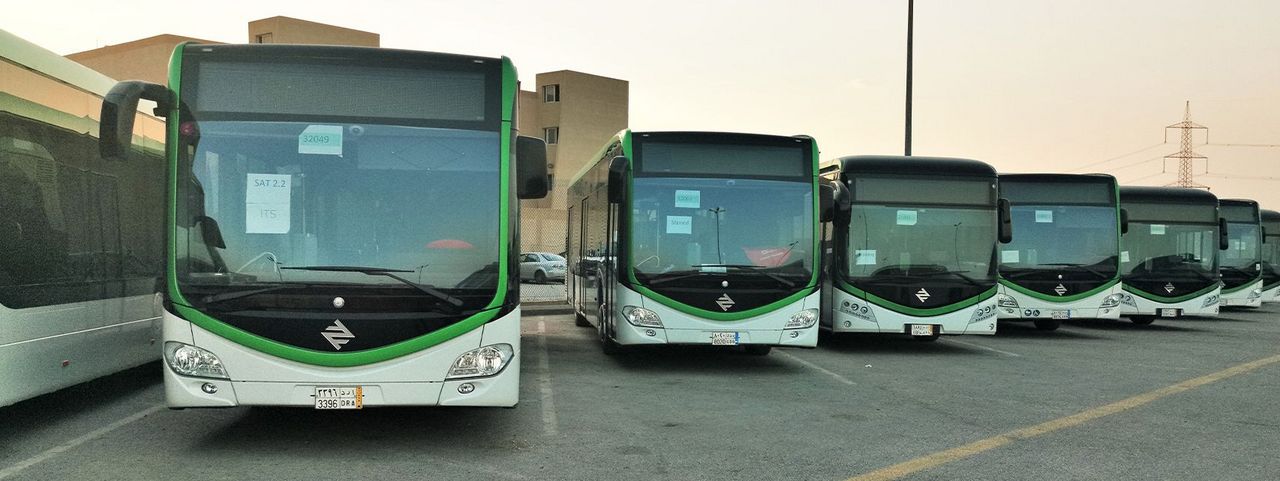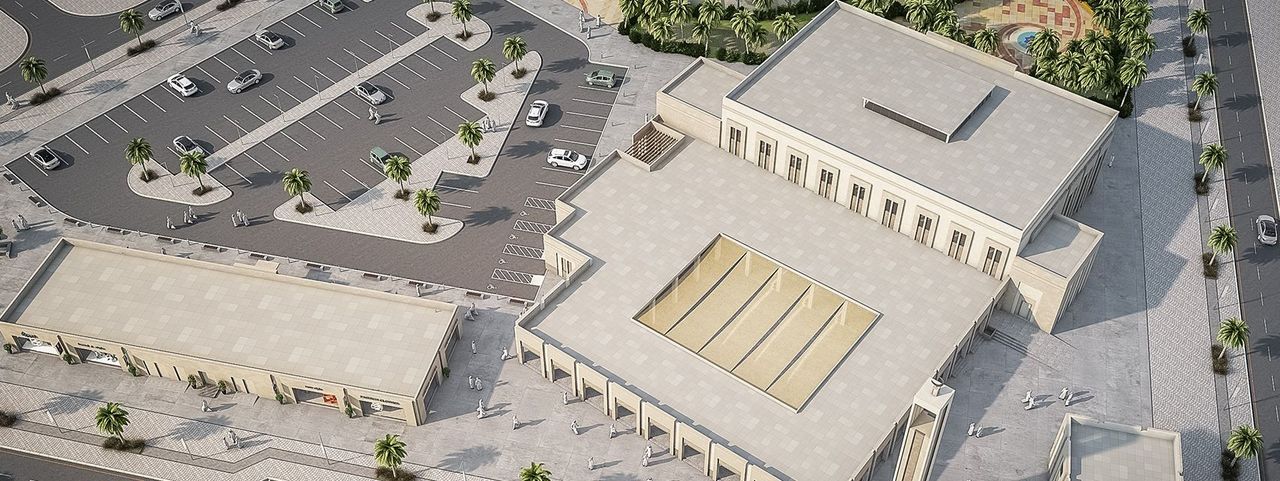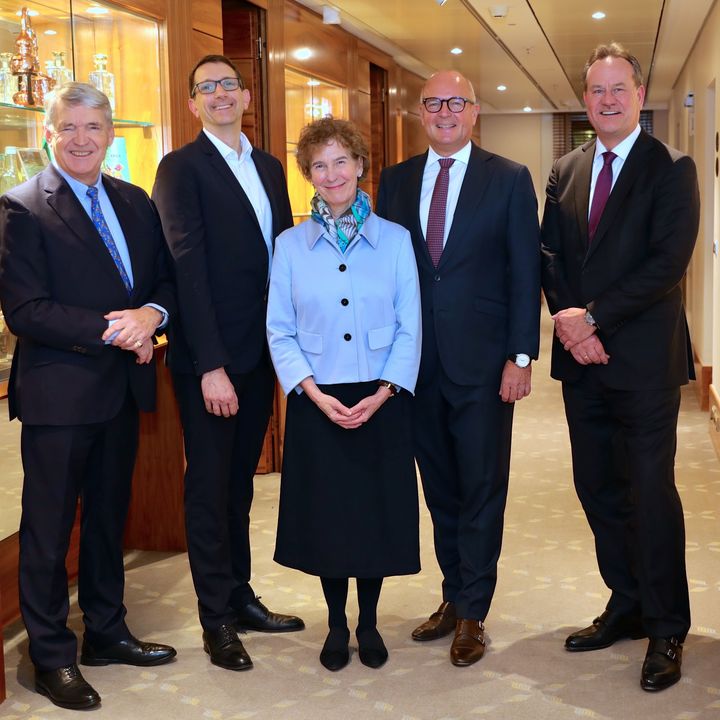Hoffmann, host of the evening, shared Dorsch's experiences from international infrastructure projects in his keynote speech and drew parallels with the German energy transition: "According to the textbook, an infrastructural transformation takes 80 years. In Germany, we are moving faster and managing this multi-generational relay race in around half a century - quite successfully overall." However, the international implementation of global climate targets differs considerably, as national economies have different infrastructural biographies and degrees of globalisation, emphasised Hoffmann.
A key point of comparison was the energy transition in China. Hoffmann emphasised: "China is pursuing a close, cross-policy approach that not only ensures energy security, but also reduces transformation costs." The progress made in the field of electromobility is particularly impressive: "There are now 790,000 regular charging stations in Shenzhen - seven times more than in the whole of Germany." Germany could learn from China's strategies, such as the dovetailing of greenhouse gas and raw material strategies, in order to achieve its own goals. "Germany is fully built, has a developed infrastructure and is therefore in a different starting position. The international comparison helps us to adjust our own path," says Hoffmann. "Taking China as an example, this means that Germany needs to work even more across policy areas in the second half of the energy transition," he emphasised.
Hoffmann cited social acceptance of major infrastructure projects as the biggest challenge: "If we lose the trust of citizens, we lose the most important raw material for successful change." He called for ideologised technical specifications to be avoided and a coherent strategy for net-zero emissions and raw material supply to be developed.
The event was complemented by an expert presentation by Dr Frank Sensfuß from Fraunhofer ISI, who provided insights into current developments in the German energy transition. With this successful mix of practical and scientific perspectives, the Hessischer Kreis provided a valuable platform for dialogue on the future of the energy system.




